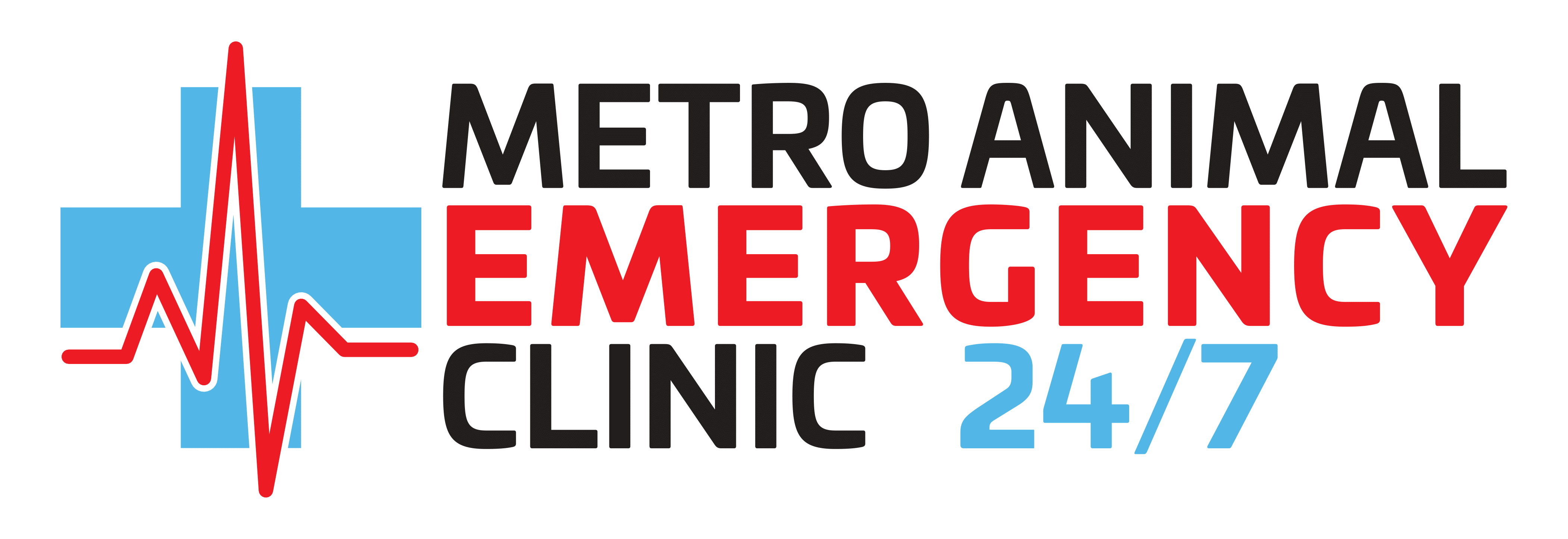The onset of summer brings sunny days, warm temperatures and tons of outdoor activities for people and their pets. Here are some handy tips to help you and your four-legged friends enjoy the sunny season.
In preparation for summer fun, take your pet to a veterinarian for a check-up. Ensure your pet is on an appropriate preventative health care program including vaccinations, flea and tick control and where needed, heartworm prevention.
- Despite their protective fur coats, overexposure to the sun can be dangerous to pets. Exposure to sunlight should be limited, especially during the peak hours of sunlight from noon to 4 p.m. Cats and dogs should have access to water and shade at all times. Sunscreen can be applied to hairless breeds or breeds with thin coats.
- Choose a sunscreen that is safe for children to ensure that it is safe for your pet. Also be careful of scorching hot pavement and walking your pets on it for any length of time. Even sand at the beach can burn their delicate pads.
- During the warm summer months, pets should never be left unattended in a parked car, even if windows are left open. Excess heat causes cats and dogs to experience heat stroke, which is potentially fatal and happens very quickly. Rapid breathing, loud panting, and staggering are signs of heat stroke. If your pet exhibits any of these symptoms, take it to a shady, ventilated area and sponge the animal with cool water. Do not immerse your pet in freezing cold water you need to gradually reduce the body temperature. Take your pet to a veterinarian for any further care that may be required.
- When driving with pets, make sure that your vehicle’s windows are only slightly open so that your pet is not tempted to stick its head out. A pet that sticks its head out the window risks getting insects, dust and debris in its eyes.
- Cats and dogs aren’t the only animals that enjoy nice weather. Summertime also brings an increase in snakes, skunks, and porcupines. When walking your dog or cat, especially on campgrounds or in cottage-country, make sure your pet is on a leash and in sight at all times. Using a leash will also protect your pet from other dogs and reduce the possibility of fights should they encounter another aggressive animal.
- To avoid contact with harmful poisons, don’t walk your pet in areas that may have been sprayed with insecticides or pesticides. Also if you are planning to fertilize your lawn check with your local garden center or veterinarian to ensure the products you plan to use are safe for your pet. Make sure that the plants you chose are non-toxic, you should also be able to get this info from your vet or garden center. Store any fertilizers, rodenticides, slug bate, pesticides, cleaning chemicals, car fluids-especially anti-freeze well out of reach of your pets. Ingestion of many of these substances can be fatal if not treated quickly. For a list of toxic plants, see our section in “Common Household Hazards” entitled “Poisonous Plants”.
- Although most dogs love swimming, the potential for drowning still exists- even in backyard pools. Keep a watchful eye on your pet at all times. Try to avoid areas where they may be broken glass on the beach or in the water. Only swim in areas you know.
- Ear and skin infections can result after prolonged periods in the water. To remove water from your pet’s ears, place a piece of cotton in the top of the ear canal and massage the lower ear to force water into the cotton. Also make sure you have dried your pet well after swimming to avoid getting hot spots.
- Most importantly, in case of emergency, keep your veterinarian’s phone number handy. You may also want to familiarize yourself with the location of your local emergency clinic and phone number. It is helpful to keep a first aid kit at home or in your car along with a supply of fresh water.
Need a visit? We are here 24/7 for your pet.
If you need anything at all, please call us at 902-468-0674, and we'll be there to provide real-time answers to your questions.

